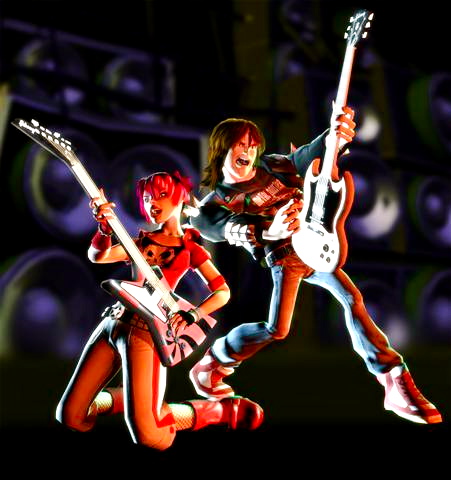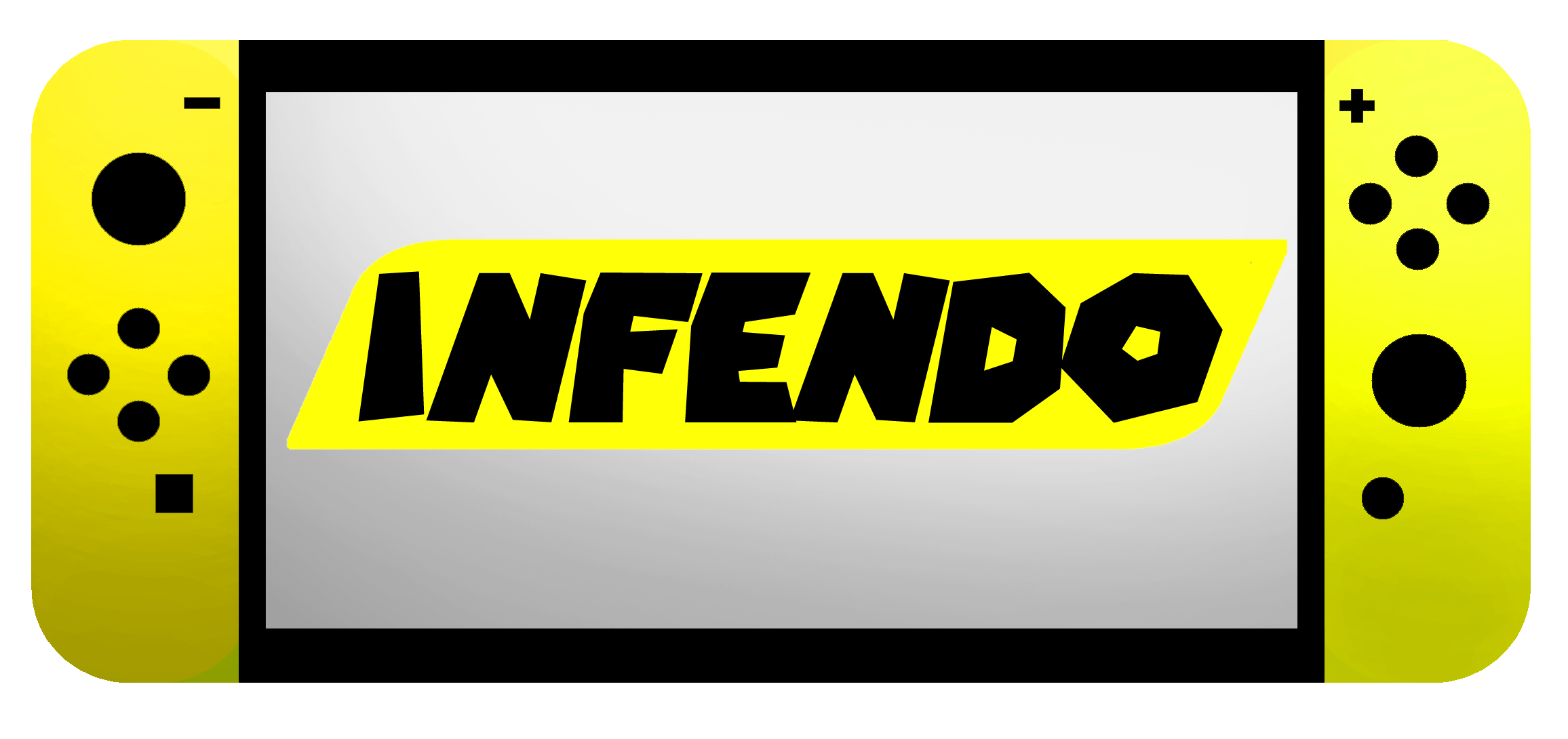 For more than a decade, it has been common knowledge within the gaming populace that third-parties struggle to sell their games on Nintendo consoles. For one reason or another, the Nintendo audience generally doesn’t respond to mass sellers like Tony Hawk, Need For Speed or Call of Duty.
For more than a decade, it has been common knowledge within the gaming populace that third-parties struggle to sell their games on Nintendo consoles. For one reason or another, the Nintendo audience generally doesn’t respond to mass sellers like Tony Hawk, Need For Speed or Call of Duty.
This tradition hasn’t changed much on Wii. Madden sales have bombed two years in a row, and even the impressive, Wii-focused Medal of Honor: Heroes 2 has been received with minimal fanfare.
But it has finally happened. A mainstream game published by a third party company has achieved massive success on Wii. RedOctane’s Guitar Hero III: Legends of Rock has sold 1.1 million copies in America alone since launching on October 28.
Some consider this impressive feat the long-awaited proof of Wii’s staying power. In a December episode of GameTrailer.com’s Bonus Round webcast, Wedbush Morgan Securities analyst Michael Pachter argued RedOctane’s immediate success with Guitar Hero III on Wii relieves Nintendo’s console of fad-status and proves it can maintain a position in the market over the long term.
“Until Guitar Hero III, I thought the Wii might have been a fad. … The attach rate on Wii for Madden is lower than it is on any other platform and (the same is) pretty much true of all third party multiplatform games, so the only things that worked were Wii exclusives and first party content. And then Guitar Hero III came along.”
In terms of third-party Wii software, only Sega’s Mario & Sonic at the Olympic Games and Capcom’s Resident Evil 4: Wii Edition have sold more copies than Guitar Hero III. In little more than two months, the wildly popular rhythm game has outsold both of Ubisoft’s million-selling Wii launch titles, Rayman Raving Rabbids and Red Steel, as well as every other third-party Wii game in existence.
But is this actually good news for Wii owners?
Without question, Guitar Hero III is a terrific game. It is the ultra-polished apex of the franchise, the finely toned result of years of refinements and tweaks. Everything players have come to love about the series has been shined to near perfection; the tracklist is deep and varied, the gameplay is sharp and precise, and the multiplayer brings friends together for a raucous good time. Factor in well-implemented additions and online content and Guitar Hero III becomes the ultimate Guitar Hero experience.
It is also, however, the same a weaker product on Wii.
Downloadable content has been spared due to hardware deficiencies, stereo sound was not included in what inexplicably became a mono-only package, and developers Neversoft and Vicarious Visions opted to keep the Wii version a direct port rather than a unique alternative. Even something as simple as Mii integration for the most basic uses, such as profile selection or high score lists, was ignored. Of course, it goes without saying that Mii inclusion should not be considered a prerequisite for Wii software. I use it as an example only to stress a point; the only Wii-specific features Guitar Hero III utilizes are the remote’s speaker for flubbed notes and rumble capabilities.
So much for a revolution, eh?
There is certainly something to be said for Guitar Hero III’s success on Wii. It is an exceptional game that does exactly what any great game should; by transforming know-nothing hacks and former musicians who traded their guitars for briefcases into virtual rock stars, it allows players to become rock gods in command of thundering hoards of head-bangers, air guitarists and mosh-pitters.
It allows players to imagine. And at the very least, it proves to cynical analysts and third-parties alike that the Wii audience is willing to shelve Wii Sports for a few hours and actually buy new software.
But what else does Guitar Hero III’s success say about the Wii market, particularly while Wii-focused gems like Zack & Wiki gather dust on store shelves? Perhaps more importantly, what message does this send to publishers and developers? As Wii owners continue to seek out the established and ignore the unique, does the strength of our supposed “revolution” weaken?
Many journalists have joined the Pachter camp on this one, arguing the success of Guitar Hero III proves the door is open for third-parties on Wii. Pachter believes it has solidified the Wii’s position as the console market leader, which is likely true, but at what cost has it done this? Marketing is certainly an issue, but if the Wii is truly destined to be a unique and innovative gaming alternative, isn’t RedOctane’s success with a feature-stripped port on Nintendo’s platform indicative of the opposite?
If the Wii loses its mystique and becomes just another console, as opposed to a unique alternative, it falls into the same category as its console counterparts. And that is a battle the Wii is dramatically ill-equipped to win.
Has Guitar Hero shut more doors than it has opened on Wii?
(Author’s note: All sales data in this article can be referenced at the sales tracking Web site VGChartz.com.)
